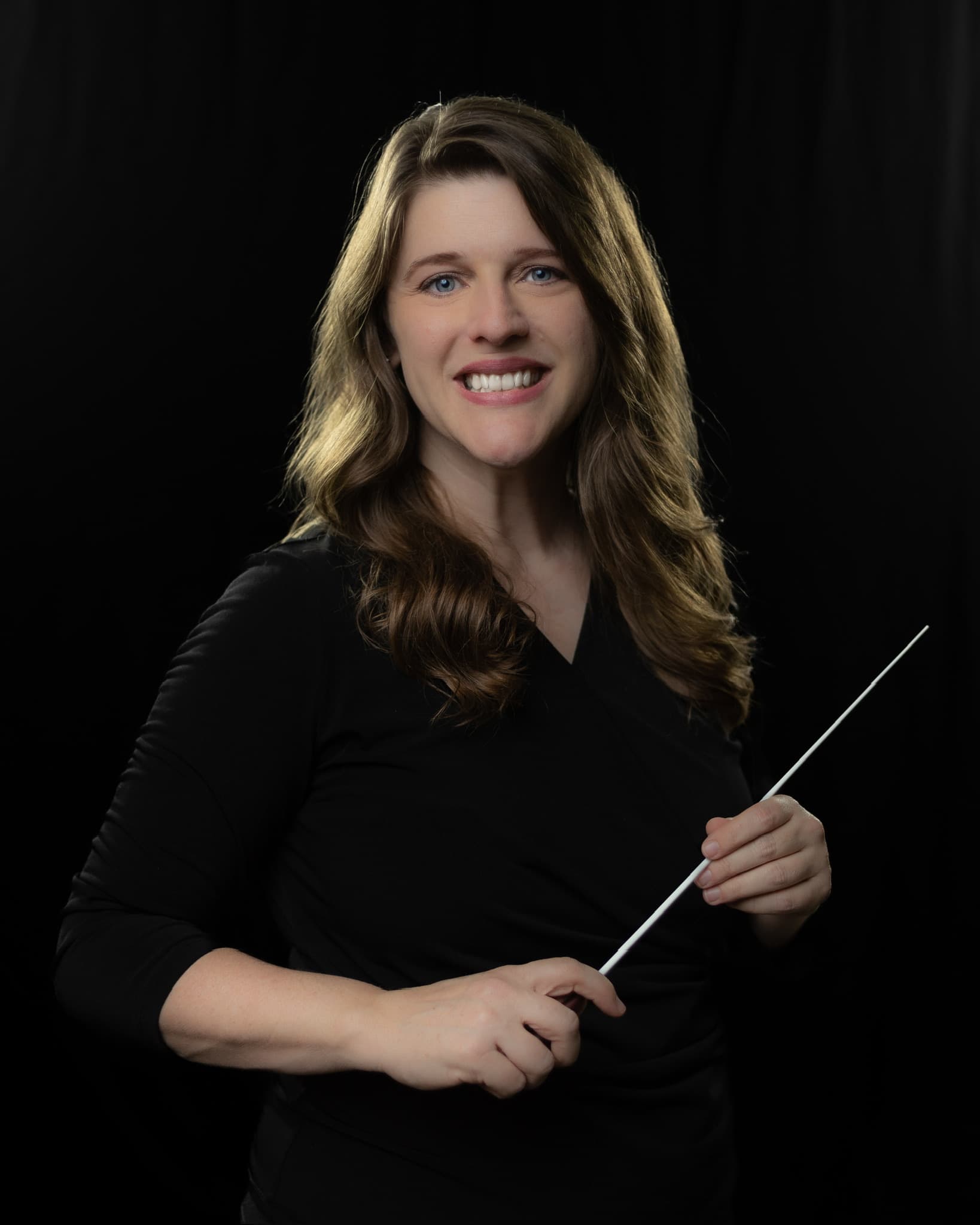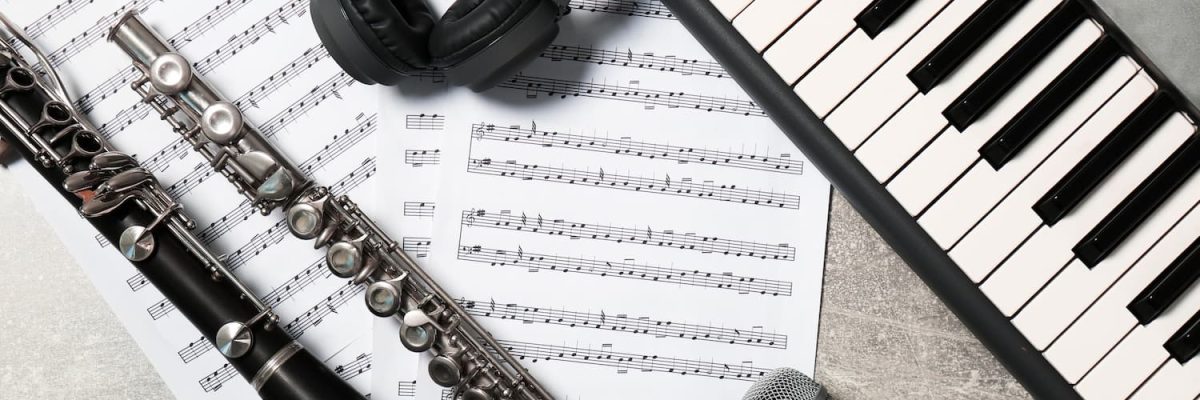Learning to play a musical instrument can be an enriching, fulfilling experience, but choosing the right instrument is a critical first step. Here’s a comprehensive guide to help you navigate this crucial decision.
1. Understanding Your Interests
Your musical journey should start with identifying what kind of music you enjoy. Does the rhythm of a drum set make your heart race, or do the soothing sounds of a violin calm your mind? Perhaps you’re enchanted by a piano’s melodious tones or the guitar’s soulful resonance. Listening to various music styles and instruments can help you understand your preference. Learning an instrument is a significant commitment, so make sure your choice aligns with your musical taste and passion.
2. Assessing Your Physical Aptitude
Different instruments require different physical skills. Wind instruments like the flute or trumpet demand excellent lung capacity and breath control. String instruments like the guitar require finger dexterity and strength, while keyboard instruments like the piano need coordinated hand-eye movement. Percussion instruments like drums require a strong sense of rhythm and whole-body coordination. It’s essential to understand the physical requirements of an instrument and assess whether they match your physical capabilities. Age can also factor in this decision, with some instruments being more suited to younger or older learners.
3. Lifestyle Considerations
Your lifestyle plays a crucial role in choosing an instrument. Do you have a quiet space for practice, or do you live in a busy household? Instruments like drums may not be suitable for those living in apartments, while the guitar or digital piano can be used with headphones for quiet practice. If you’re often on the move, a portable instrument like a ukulele or flute might be a better fit. Your schedule is another factor. Larger instruments may require more practice time, so ensure your choice aligns with the time you can realistically devote to learning.
4. Financial Investment
While the love of music might be priceless, musical instruments can be quite an investment. Beginner models for some instruments, like keyboards or guitars, can be reasonably affordable, while others, like a quality violin or grand piano, can be quite expensive. Additionally, consider the cost of maintenance, accessories, and lessons. It’s wise to start with a less expensive, beginner-friendly instrument and upgrade as your skills and commitment grow.
5. Professional Guidance
When choosing a musical instrument, professional guidance can be invaluable. A music teacher can assess your aptitude, understand your interests, and provide personalized advice. Music schools often offer ‘instrument petting zoos’ where prospective students can try different instruments under expert guidance. Don’t hesitate to ask for advice from experienced musicians, either. They can offer insights based on their journey, making your decision-making process easier and more informed.
6. Experimentation
Finally, feel free to experiment. Many music stores offer rental services, allowing you to try different instruments without making an immediate purchase. This hands-on experience can be invaluable in helping you determine which instrument feels right in your hands, sounds right to your ears, and feels right in your heart.
Choosing the right instrument for your music lessons is a deeply personal decision influenced by your interests, physical aptitude, lifestyle, financial considerations, and willingness to experiment. It’s a critical first step in your musical journey. With careful consideration and the right guidance, you’re sure to find the instrument that sparks your passion and sets you on a fulfilling and joyous musical adventure.

A native of Florida, Cindy grew up with a rich family history of music. Starting with piano at age 9, she added flute and other instruments to her repertoire in junior high. She made all-county band and played piano for her school’s jazz band and show choirs. Throughout her teen years, she also had opportunities to perform in her local community in churches, assisted living facilities, plays, and productions. While pursuing her college degree in education, she traveled as the pianist for a college-sponsored singing group in 48 states over five summers. She has now been teaching music, including instruments and voice, since 1995. She has instructed students of all ages and skill levels, and many of her students from decades past now are teaching their own music students.


